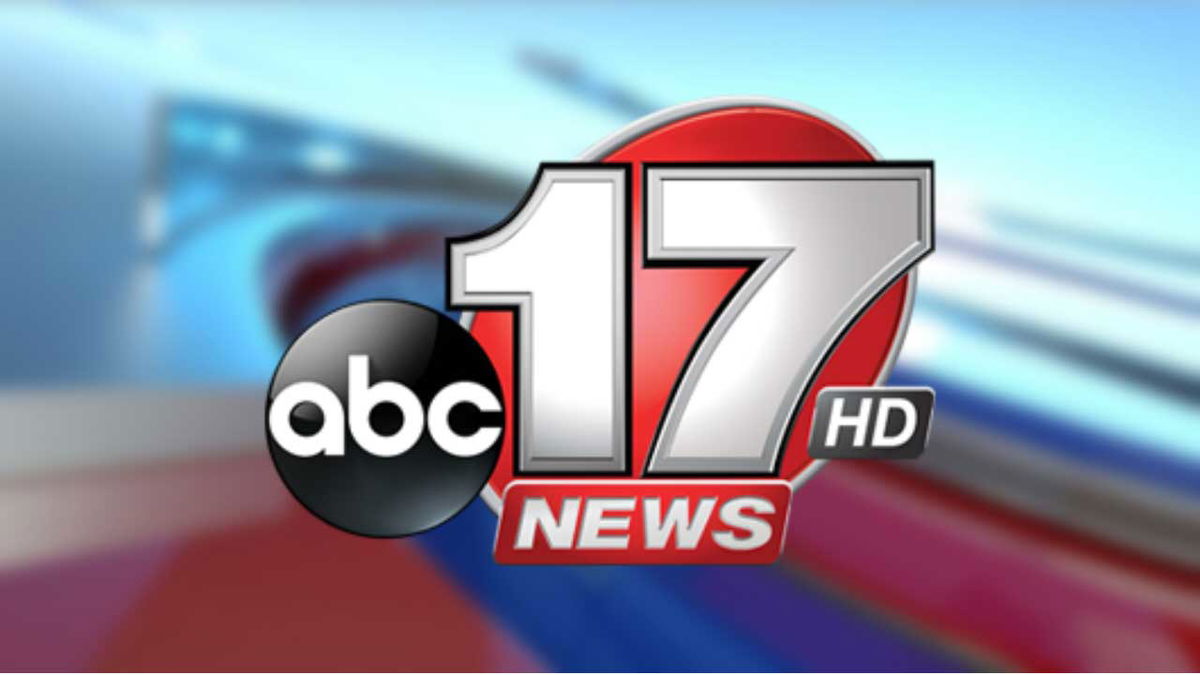‘School choice’ is culture-war focus for Kansas lawmakers

By JOHN HANNA
AP Political Writer
TOPEKA, Kan. (AP) — Top Republican legislators in Kansas are focusing on helping conservative parents remove their children from public schools over what’s taught about gender and sexuality rather than pursuing a version of what critics call Florida’s “Don’t Say Gay” law.
A proposal to allow parents to use state tax dollars to pay for private or home schooling was available online Tuesday, a day after a committee on K-12 spending introduced the measure in the House.
The introduction comes as funding and lesson plans for public schools have become hot button issues for conservative politicians nationwide. Lawmakers in Iowa approved a similar law last week and at least a dozen states are considering similar legislation.
Funneling public funds toward private schools is not a new idea, but it picked up fresh steam following the outbreak of the coronavirus pandemic partly because of parents’ concerns over masks and vaccines. The issue also has been driven by opposition to how some schools conduct lessons about topics such as gender, sexuality and race.
Critics of the bills say they siphon much-needed money away from public schools.
When Kansas’ Republican-controlled Legislature opened its annual session earlier this month, GOP leaders planned to tackle what Senate President Ty Masterson called “the sexualized woke agenda” in how public schools discuss sexuality and gender identity.
Masterson, a Wichita-area Republican, said he wanted to pursue a measure that would spell out what schools could teach or discuss on those topics by grade level, much like the Florida law enacted last year.
But last week when he was asked about such a measure, Masterson appeared to shift direction: “We’re talking about school choice.” He told The Associated Press on Monday: “Probably the only way to ultimately handle it, right, is to have choices for parents.”
The proposal introduced in the House is the brainchild of its K-12 spending committee chair, state Rep. Kristey Williams, another Wichita-area Republican. She said she hopes to hold hearings next week.
Her bill would allow parents to apply to set up a state-sponsored education savings account for each of their children, with the state setting aside the current amount of its base aid per student for public schools. That’s $5,103 for the 2023-24 school year, an amount that would increase as the state boosts its aid. Parents would receive 95% and the state would use the rest to cover administrative costs.
Kansas already grants income tax credits for donations to funds providing scholarships so academically at-risk students can attend private schools, which is a program Republican lawmakers want to expand. But across the U.S., conservative lawmakers argue tax dollars should be tied to students, not “systems.”
Williams also called her plan “the perfect answer” for parents frustrated over what public schools teach about gender, sexuality or the influence of racism in U.S. history. Currently, she said, parents can’t change schools unless they can afford the extra costs.
“But with choice, it gives freedom to choose the best and most appropriate education, the best and most appropriate type of environment,” she said.
Public education groups and Democratic lawmakers argue that such proposals will take money away from the state’s K-12 schools for the benefit of private and home schools. They reject Masterson’s characterization of public schools as becoming “factories for a radical social agenda,” and argue that GOP conservatives are trying to dismantle public education.
State Rep. Jarrod Ousley, a Kansas City-area Democrat whose wife serves on a local school board, said public schools help build communities.
“That’s the fabric of our nation,” Ousley said.
Democratic Gov. Laura Kelly strongly opposes a plan such as the one introduced in the House. Her big education initiative is phasing in a 61% increase over five years in spending on public K-12 programs for students with special needs.
Republicans have legislative supermajorities that would allow them to override a Kelly veto, though GOP leaders have found it difficult to keep Republicans united on education issues.
Meanwhile, advocates of private and home schooling argue that parents want more choices because they have been unhappy with remote schooling during the coronavirus pandemic.
Fallon Love, a Wichita resident who handles finances for restaurants in multiple states, has enrolled her 7-year-old son as a second grader at the Urban Preparatory Academy, run by the non-denominational Christian Faith Center in Wichita.
Love said she likes the academy’s “intimate” learning environment and feels her son is learning positive character traits while getting opportunities like a trip last week to the Statehouse for a school choice rally.
“There are a lot of parents that aren’t fortunate to be able to decide where their kids go,” she said after that rally. “Everybody should have the right to decide where they want their child to go to get the best education.”
Wade Moore, one of the church’s bishops, told the crowd at the rally that a school-choice law like the one in Iowa allows parents to avoid “crazy stuff” in public schools. After the rally, he said he meant both violence, such as fighting, and issues such as which bathrooms and locker rooms transgender students can use.
“A lot of these things are being forced upon children, upon families,” he said after the rally.
___
Follow John Hanna on Twitter: https://twitter.com/apjdhanna